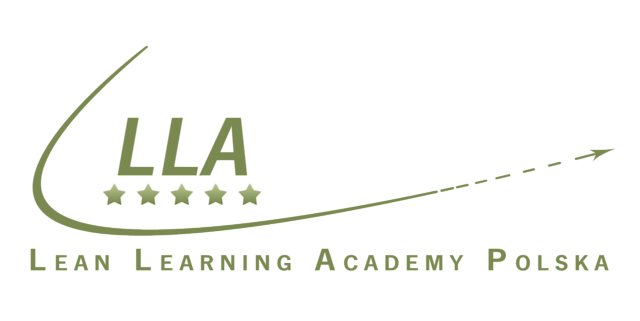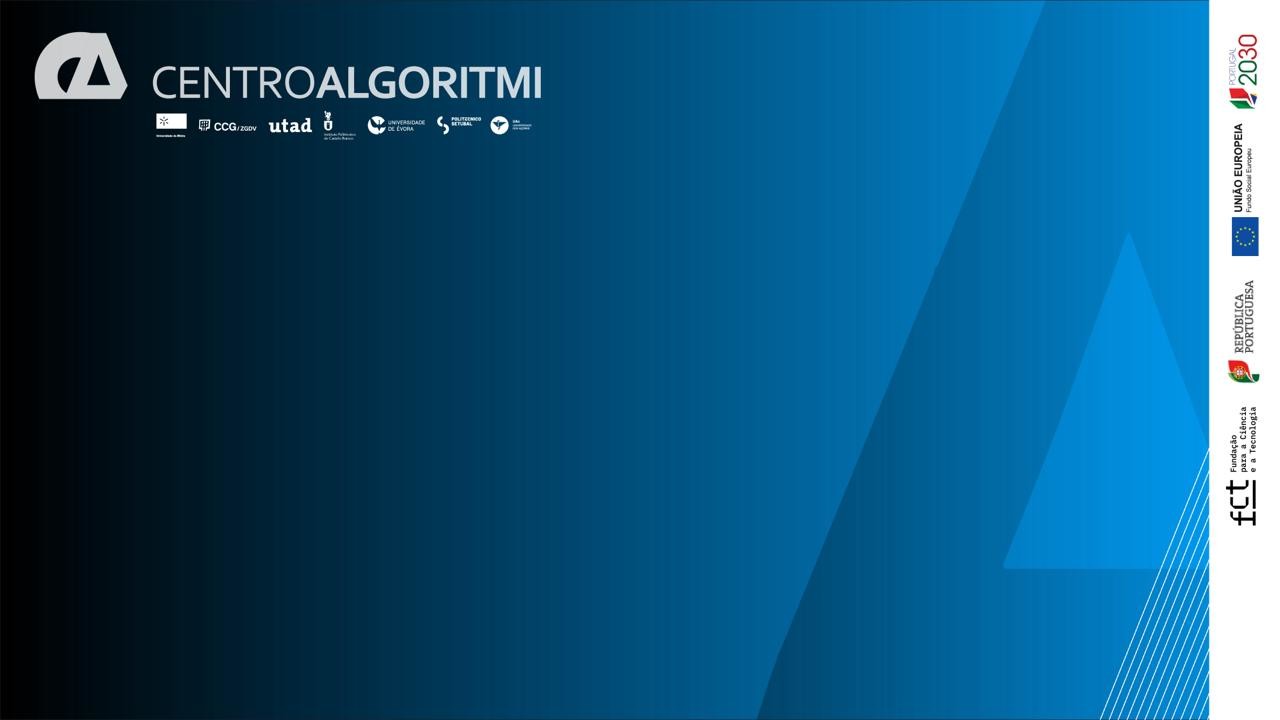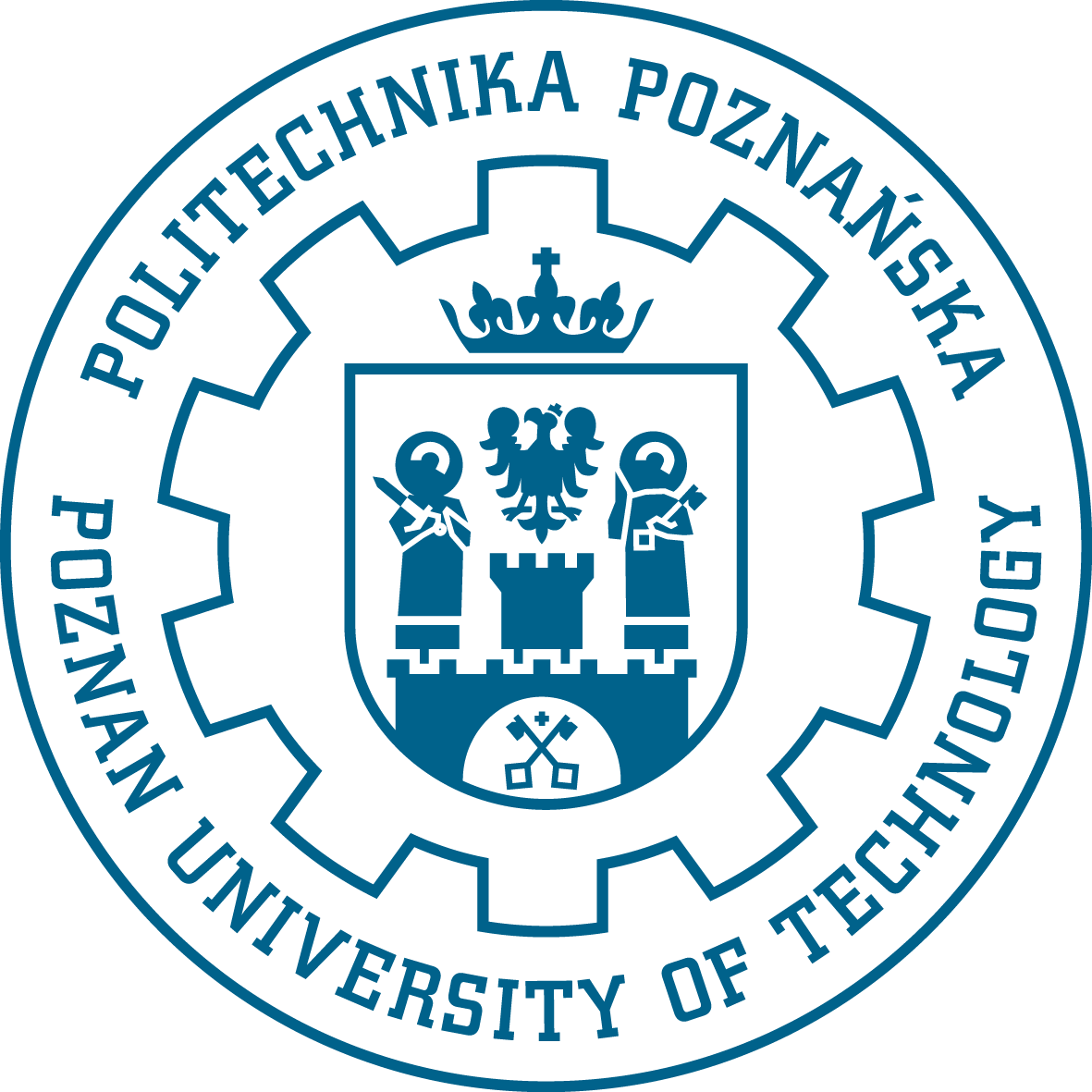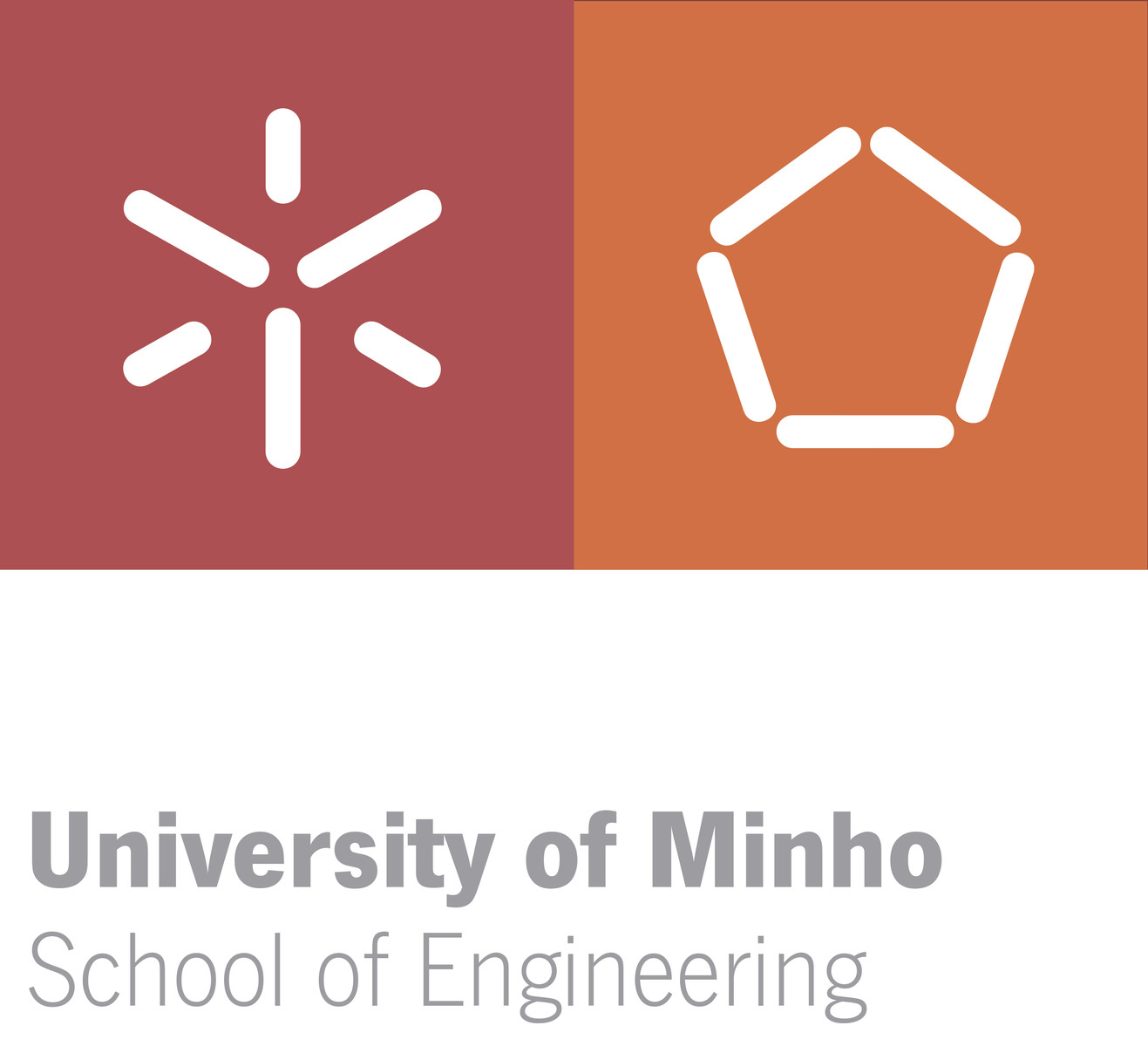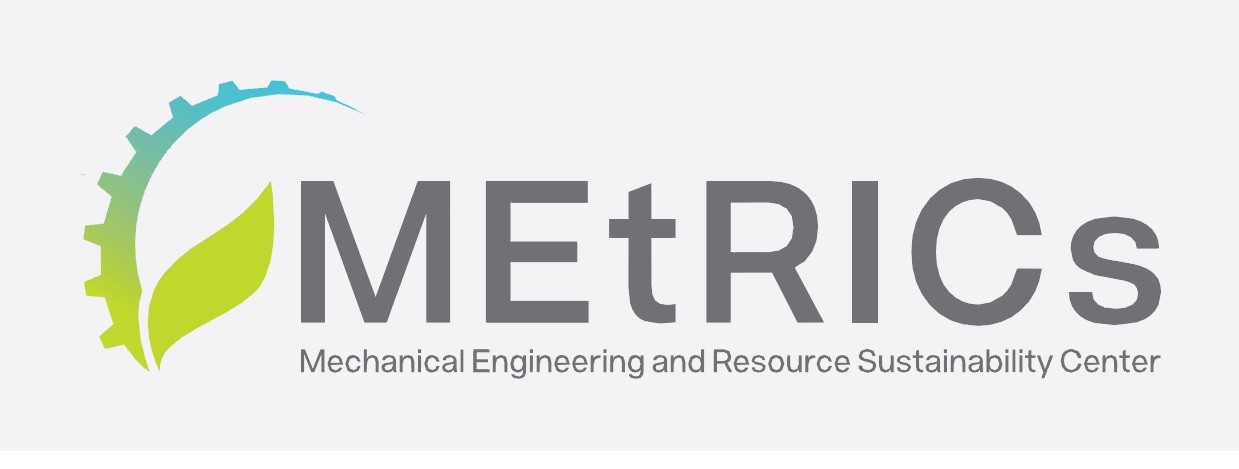Special sessions
CALL FOR SPECIAL SESSION PROPOSALS
We cordially invite you to submit special session proposals on any topic related to the broad areas of interest of the ELEC 2025 conference. The special session should address a topic that is currently relevant, of interest.
Proposals should be submitted before the deadline of January 31, 2025.- Extended February 14
Special Session Proposal should include:
- Title of the special session.
- Description of the topics that the special session will address.
- Organizers with a short bio, affiliation, and their expertise in the proposed topic(s).
- Proposal of the Special Session Programme Committee (max. 10 Members).
Please submit your special session proposal directly to the Conference Chair – Katarzyna Antosz (katarzyna.antosz@prz.edu.pl).
It is anticipated that the special session will comprise at least 5 papers, which will present a unified coverage of the various viewpoints that are pertinent to the specific thematic priorities of ELEC 2025 conference.
List of special sessions:
SS1 - DIGITALIZATION AND LEAN 4.0 IN PRODUCTION, SERVICES, AND PROJECT MANAGEMENT: FROM AUTOMATION TO SUSTAINABLE OPERATIONAL EXCELLENCE
Scope of the Special Session
Modern organizations operating in the production, services, and project management sectors face the challenge of adapting to increasing market complexity, evolving customer expectations, and the need to enhance operational efficiency. In this context, digitalization and Lean 4.0 technologies have become key enablers for process optimization, waste elimination, and the achievement of sustainable operational excellence.
Lean, as a philosophy of continuous improvement, focuses on eliminating waste, reducing lead times, and delivering value to the customer. However, in the era of digital transformation, traditional Lean methods are being supplemented by new technologies such as artificial intelligence, data analytics, robotics, process automation, and the Internet of Things (IoT). Lean 4.0 not only enhances classical Lean tools but also introduces new ways to monitor and optimize processes in real time.
The integration of digital solutions with Lean is also crucial for sustainable development. Through advanced data management systems and intelligent algorithms, organizations can reduce raw material consumption, minimize waste, and lower CO₂ emissions. Digitalization also supports project and service management, enabling better control over initiative portfolios and more efficient resource utilization.
Understanding the synergy between digitalization and Lean 4.0 is crucial for leaders and management practitioners who seek not only to enhance operational efficiency but also to build organizations prepared for the future challenges of Industry 5.0.
The aim of the session is to discuss the role of digitalization in the context of Lean 4.0 and its impact on production, services, and project management. The session will focus on integrating modern technologies with the Lean philosophy to enhance operational efficiency, eliminate waste, and support sustainable development and organizational excellence.
Special Session Chairs:
Antoni Świć – Lublin University of Technology, Poland; email: a.swic@pollub.pl
Dorota Stadnicka – Rzeszów University of Technology, Poland; email: dorota.stadnicka@prz.edu.pl
List of topics:
Topics of interest concern application of digitalisation in manufacturing companies context and include but are not limited to:
- Digitalization as a Key Driver of Lean Operational Excellence
- Industry 4.0 and Lean 4.0: The Future of Smart Manufacturing
- Automation and Robotics in Lean: Enhancing Process Efficiency
- Data-Driven Lean: Using Big Data and AI for Continuous Improvement
- Digital Lean and Sustainable Development
- The Role of IoT and Smart Sensors in Lean Optimization
- Lean 4.0 in Services: How Digitalization Transforms the Service Industry
- Project Management 4.0: Digital Lean in Portfolio and Project Execution
- Digital Twins and Lean: How Virtual Models Improve Lean Implementation
- Lean Supply Chain 4.0: Using Digitalization for a More Agile and Resilient Supply Chain
- Change Management in Digital Lean Transformation
- Lean and Artificial Intelligence: Decision Support Systems in a Lean Environment
SS2 - LEAN IN CIRCULAR, GREEN AND SUSTAINABLE SUPPLY CHAINS AND PRODUCTION
Scope of the Special Session
The global trends for sustainability, circular economy implemented and environmental responsibility has driven significant changes in business strategies and supply chain operations. Companies are increasingly embracing circular business models and green & lean supply chain operations to enhance resource efficiency, reduce waste, and minimize carbon footprints. This session aims to explore theoretical aspects and best practices in integration of lean management into the circular economy business models, circular supply chain, and sustainable supply chain operations.
Special Session Chairs:
Paulina Golinska-Dawson, Poznan University of Technology, Institute of Logistics Poland; email: paulina.golinska@put.poznan.pl
José Hidalgo-Crespo, LCPI, Arts et Métiers Institute of Technology, HESAM Université, France
Kanchana Sethanan, Department of Industrial Engineering, Faculty of Engineering, Khon Kaen University, Thailand
Karolina Werner-Lewandowska, Poznan University of Technology, Institute of Logistics Poland
List of topics:
We invite researchers, academics, industry experts, and policymakers to submit their original research contributions for presentation and publication on the following topics:
- Circular supply chains and circular business models development: Sustainable value creation, product-as-a-service (PaaS), closed-loop supply chains, reverse logistics, and remanufacturing.
- Green Supply Chain Management: Renewable energy integration, carbon footprint reduction, sustainable procurement, and waste management.
- Lean Supply Chain Operations: Efficiency optimization, waste reduction strategies, and process automation for sustainable supply chains.
- Lean & green logistics services: efficiency optimization, waste reduction strategies, maturity models.
- Technology and Innovation in Sustainable Supply Chains: AI, blockchain, IoT, and digital twins for green supply chain operations.
- Collaboration and Stakeholder Engagement: Multi-stakeholder partnerships, corporate social responsibility (CSR), and sustainable supplier relationships.
SS3 - SYNERGY OF INDUSTRY 4.0 AND AGILE MANUFACTURING: EVOLUTION OF LEAN MANUFACTURING IN THE DIGITAL AGE
Scope of the Special Session
Modern industrial production is undergoing a dynamic transformation, in which Industry 4.0 technologies are redefining the traditional approach to Lean Manufacturing. Integrating artificial intelligence, the Internet of Things (IoT) and big data analytics enables greater flexibility, process optimization and waste minimization. Agile Manufacturing, as a concept of agile production, supports rapid adaptation to changing market conditions, and in combination with Lean and digital technologies, creates a new quality in production management. The scientific session is devoted to analyzing synergies between these concepts and their impact on the efficiency and innovation of enterprises. Challenges and potential implementation barriers in the context of digital transformation will be discussed. As part of the session, we also invite articles that will help determine the direction of the development of modern production systems.
Special Session Chairs:
Justyna Trojanowska, Poznan University of Technology, Poland; email: justyna.trojanowska@put.poznan.pl
Paulina Rewers, Poznan University of Technology, Poland
Krzysztof Żywicki, Poznan University of Technology, Poland
Leonilde Varela, University of Minho, Portugal
Vijaya Kumar Manupati, NITIE Mumbai, India
Stella Hrehová, Technical University of Kosice, Slovak Republic
Michał Szaroleta, Łukasiewicz – Poznan Institute of Technology, Poland
List of topics:
Topics of interest include but are not limited to the following:
- Industry 4.0
- Lean Manufacturing 4.0
- Lean tools
- Agile Manufacturing
- Digital transformation
- Internet of Things (IoT)
- Artificial Intelligence (AI)
- Big Data in manufacturing
- Process automation
- Smart factories
- Operational efficiency
- Production optimization
- Industrial innovation
- Integration of digital technologies
SS4 - SUSTAINABLE MANUFACTURING AND MAINTENANCE IN LEAN 4.0 ENVIRONMENT
Scope of the Special Session
With increasing globalization and contemporary market demands, manufacturing efficiency is more and more often defined from the perspective of the dimensions of sustainable development. Manufacturing companies must offer a higher return on investment while reducing environmental impact. It is also necessary for them to be an attractive workplace for people focusing on learning and developing competencies. In this context, the manufacturing and maintenance functions are important, ensuring asset availability and product quality while monitoring natural resource use and people and process safety.
The literature recognizes that technological innovations and their application can significantly meet sustainable development challenges. Industry 4.0 allows organizations to improve their manufacturing and maintenance processes to a more advanced level by leveraging emerging technologies. Enabling Industry 4.0 technologies can help organizations achieve more innovative and sustainable operations with data-driven decision-making and optimizing manufacturing and maintenance operations.
This Special Session aims to present the state-of-the-art theoretical developments and practical applications of Lean 4.0 technologies in sustainability in manufacturing and maintenance processes in various industry sectors.
Special Session Chairs:
Małgorzata Jasiulewicz- Kaczmarek, Poznan University of Technology, Poland; email: malgorzata.jasiulewicz-kaczmarek@put.poznan.pl
Agnieszka Grzelczak, Poznan University of Technology, Poland
Adam Górny Poznan University of Technology, Poland
Anuar Hallioui, INTI International University, Malaysia
Robert Čep, VSB – Technical University of Ostrava, Czech Republic
List of topics:
Authors are invited to submit full papers describing original research work in areas including, but are not limited to:
- Lean Maintenance 4.0 and Lean Manufacturing 4.0.
- Service Management 4.0
- Servitization and Industry 4.0 in SMEs
- Risk and resilience in maintenance management
- Advanced Data Analytics for sustainable manufacturing and maintenance
- Lean 4.0 and its implications on sustainability in manufacturing and maintenance processes
- Human factors, industrial ergonomics, and safety in lean and sustainable manufacturing and maintenance
SS5 - ARTIFICIAL INTELLIGENCE IN LEAN: THE FUTURE OF OPERATIONAL EXCELLENCE
Scope of the Special Session
This special session will explore how artificial intelligence (AI) is revolutionizing the approach to operational excellence within the LEAN methodology. Participants will learn about the latest trends and tools that combine advanced data analytics, automation, and intelligent systems with traditional LEAN principles such as waste elimination, process optimization, and continuous improvement.
Experts will share real-world examples of projects where AI has been successfully implemented as part of LEAN strategies. The session will highlight innovative approaches to process monitoring, performance forecasting, task automation, and decision-making, all aimed at achieving greater efficiency and organizational flexibility.
Special Session Chairs:
Andrzej Chmielowiec, Rzeszow University of Technology, Poland; email: achmie@prz.edu.pl
Maryna Bulakh, Rzeszow University of Technology, Poland
List of topics:
Authors are invited to submit full papers describing original research work in areas including, but are not limited to:
- Integrating artificial intelligence with LEAN principles in process management.
- AI applications in data analysis and process optimization.
- Automation and intelligent systems supporting operational excellence.
- Challenges and barriers to implementing AI within a LEAN environment.
- The future of AI in continuous improvement and production management.
SS6 - THE ROLE AND MEANING OF KAIZEN PHILOSOPHY IN LEAN MANAGEMENT: IMPLEMENTATION AND KEEPING
Scope of the Special Session
Kaizen is a Japanese philosophy that focuses on continuous improvement, often associated with Lean Management. The term "Kaizen" itself is derived from two Japanese words: "kai," meaning change, and "zen," meaning good. Its core idea is that small, incremental changes over time lead to significant improvements in efficiency, productivity, and quality. Kaizen plays a crucial role in Lean Management by aligning efforts toward eliminating waste, enhancing value, and improving processes.
In Lean Management, Kaizen emphasizes the importance of employee involvement in suggesting and implementing improvements. It fosters a culture where everyone, from top management to frontline workers, is encouraged to contribute to the ongoing enhancement of processes. The philosophy encourages collaboration, problem-solving, and innovation to optimize performance.
The implementation of Kaizen involves a systematic approach to identifying areas for improvement and addressing them using a structured problem-solving methodology. The PDCA (Plan-Do-Check-Act) cycle is often used as a tool in Kaizen to ensure that improvements are well-planned, tested, and monitored. By continuously iterating and refining processes, Kaizen enables organizations to adapt and respond quickly to changing market demands and conditions.
For Kaizen to be effectively implemented within Lean Management, leadership support is essential. Top management must demonstrate a commitment to Kaizen by providing the necessary resources, training, and recognition for employees. Leaders should foster an environment that encourages open communication and collaboration, where employees feel comfortable sharing their ideas for improvement.
A key component of Kaizen is the concept of "standardized work," which refers to defining and documenting the best practices and procedures for tasks. This standardization helps to reduce variation in processes and creates a foundation upon which continuous improvements can be built. Over time, as improvements are made, the standard work evolves to reflect the latest best practices.
Kaizen also emphasizes the importance of small, incremental changes rather than large, disruptive innovations. This approach helps to reduce the risk of failure and ensures that improvements are manageable and sustainable. By focusing on incremental progress, Kaizen allows organizations to build a culture of continuous improvement that becomes ingrained in their daily operations.
Another important aspect of Kaizen in Lean Management is the involvement of employees at all levels of the organization. Rather than relying solely on managers or consultants to identify and implement improvements, Kaizen encourages workers to take ownership of the improvement process. This involvement not only leads to better solutions but also empowers employees, increasing their engagement and job satisfaction.
To maintain the benefits of Kaizen over time, organizations must be committed to regular reviews and adjustments. This requires a mindset of ongoing learning and adaptation, where improvements are continually evaluated and refined. Without this commitment to long-term progress, Kaizen initiatives may lose momentum and fail to produce lasting results.
The goal of this session is to present the role of Kaizen philosophy in implementation and keeping of Lean Management, Lean Manufacturing and Lean
Special Session Chairs:
Arkadiusz Gola, Lublin University of Technology, Poland; email: a.gola@pollub.pl
Lucia Candela Díaz, University of Zaragoza, Spain
List of topics:
Topics of interest concern application of Kaizen philosophy in the context of
- Practical applications of Kaizen philosophy
- Methods and tools for Kaizen philosophy implementation
- The methodology of Kaizen workshops organization
- Modern method and tools supporting Kaizen philosophy implementation
- Digitalization in Kaizen and Lean Management
- Relationship between Kaizen and other Lean Tools
- Software and mobile applications supporting Kaizen and Lean Tools implementation
- The role of workgroup in Kaizen philosophy implementation
SS7 - CURRENT AND FUTURE TRENDS IN LEAN MANAGEMENT AND INDUSTRIAL ENGINEERING
Scope of the Special Session
The special session on Current and Future Trends in Lean Management and Industrial Engineering will explore the latest developments, emerging challenges, and future directions of Lean methodologies and Industrial Engineering practices across various industries. As organizations strive for efficiency, cost reduction, and sustainability, Lean principles are being adapted beyond traditional manufacturing into sectors such as healthcare, logistics, and services. The integration of Lean with Agile, Six Sigma, and digital transformation is reshaping how businesses approach process optimization. With the rise of Industry 4.0, technologies like IoT, AI, and automation are revolutionizing Lean Manufacturing, enabling real-time data analytics, predictive maintenance, and smart factories that align with Lean principles. Sustainability is another key aspect, with Green Lean initiatives focusing on minimizing environmental impact through waste reduction, circular economy strategies, and energy-efficient supply chains. The evolving workforce landscape also plays a crucial role, as organizations must adapt to AI-driven automation, digital work environments, and the need for upskilling and reskilling employees to remain competitive. Lean leadership and cultural transformation are essential for continuous improvement in increasingly complex and digitalized industries. This session will discuss practical case studies, successful Lean implementations, lessons learned from failures, and strategies for benchmarking Lean performance globally. By bringing together researchers, industry professionals, and academics, this session aims to provide valuable insights into how Lean Management and Industrial Engineering can drive operational excellence, innovation, and long-term business success in a rapidly changing world.
Special Session Chairs:
Jozef Husár, Faculty of Manufacturing Technologies with a Seat in Prešov, Technical University of Košice, Bayerova 1, 08001 Prešov, Slovakia; email: jozef.husar@tuke.sk
Lucia Knapčíková, Faculty of Manufacturing Technologies with a Seat in Prešov, Technical University of Košice, Bayerova 1, 08001 Prešov, Slovakia;
Enes Sukić, Faculty of Information Technology and Engineering - FITI, University Union - Nikola Tesla, Serbia
List of topics:
Topics of interest concern application of Kaizen philosophy in the context of
- The Evolution of Lean Management: Modern Applications and Challenges
- Smart Manufacturing and Industry 4.0: The Digital Transformation of Lean
- Sustainability and Green Lean Practices
- Lean Leadership and Organizational Culture
- Lean and Resilient Supply Chains
- Lean Healthcare and Service Industry Innovations
- Lean Startups and Entrepreneurship
- The Future of Work: Workforce Development and Lean Leadership
- Case Studies and Real-World Applications
SS8 - THE GLOBAL INDUSTRIAL PROCESSES IN LEAN MANAGEMENT
Scope of the Special Session
The Global Industrial Processes in Lean Management track is related to the challenges and opportunities of industrial processes and lean management. Due to their global impact, industrial activities are of paramount importance from the point of view of lean philosophy. The session covers a number of research areas, including the analysis of industrial production in SMEs, methods of efficient usage of resources, the limitations of the use of lean management tools and the impact of lean management on production processes and corporate performance. This session also aims to present challenges and solutions related to economic efficiency, critical aspects of manufacturing process optimisation, analysis of the relationship between technological systems, lean frameworks, and human factors, creation of sustainable competitive advantage, process development, layout optimisation, and investigation of the effects of material conversion, with a focus on cost efficiency.
Special Session Chairs:
Domicián Máté, University of Debrecen, Faculty of Engineering, Department of Engineering Management and Enterprise, Hungary; mate.domician@eng.unideb.hu
Judit T. Kiss, University of Debrecen, Faculty of Engineering, Department of Engineering Management and Enterprise, Hungary; tkiss@eng.unideb.hu
Andrea Matkó, University of Debrecen, Faculty of Engineering, Department of Engineering Management and Enterprise, Hungary; andim@eng.unideb.hu
Norbert Mátrai, University of Debrecen, Faculty of Engineering, Department of Engineering Management and Enterprise, Hungary; matrai.norbert@eng.unideb.hu
List of topics:
Authors are invited to submit full papers describing original research work in areas including, but are not limited to:
- Process development
- Limitations of the application of lean tools
- The impact of the application of lean tools on company performance
- Obstacles to the implementation of lean management,
- Resistance to change
- Shopfloor management
- Lead Time Optimization,
- Production Planning
- Lean culture and people-centred systems
- Lean-Green approach and framework
- Production line optimisation
- Critical aspects of manufacturing process optimisation
- Lean manufacturing and sustainable competitive advantage


